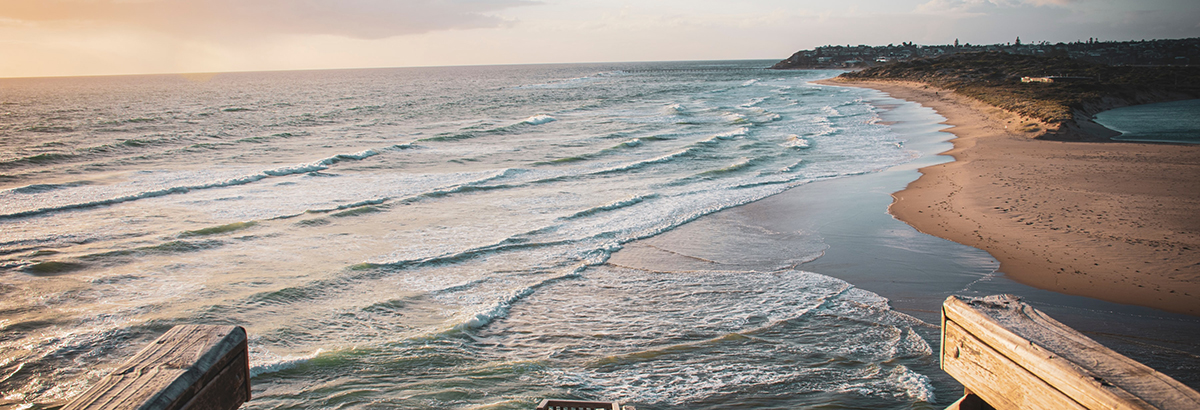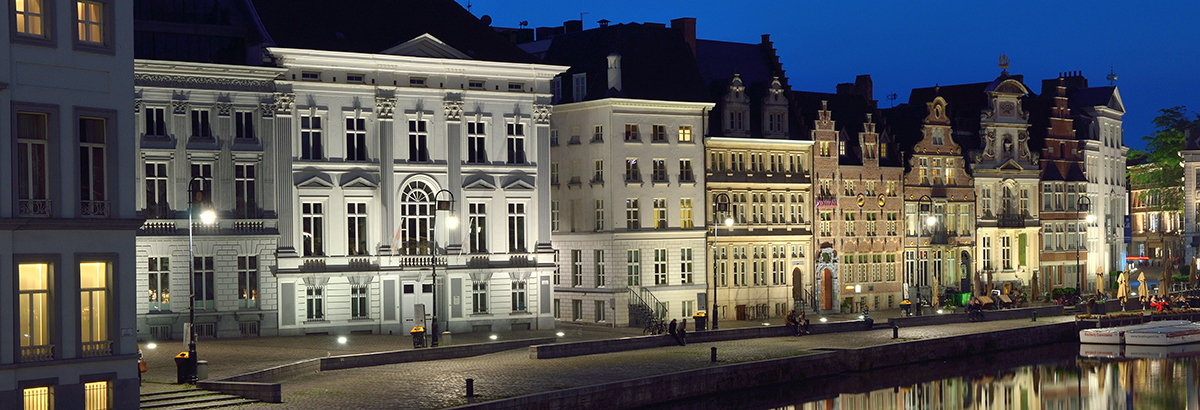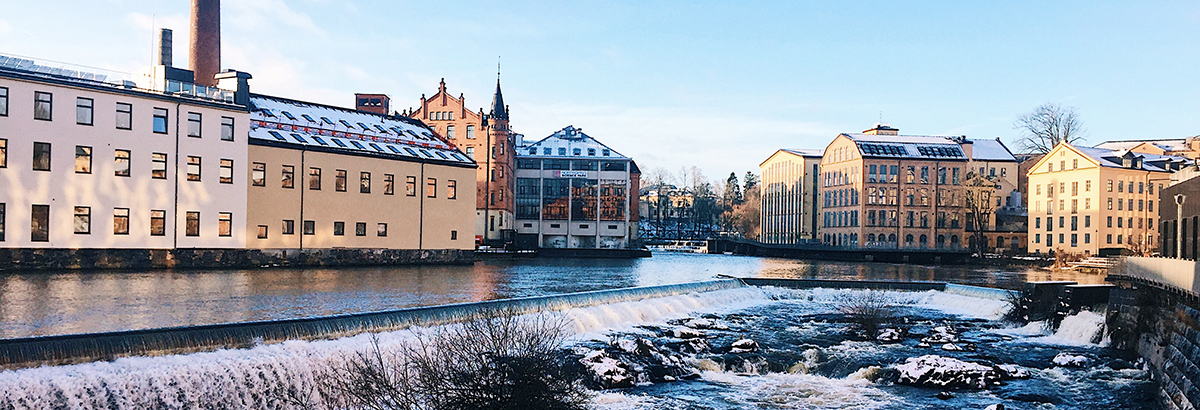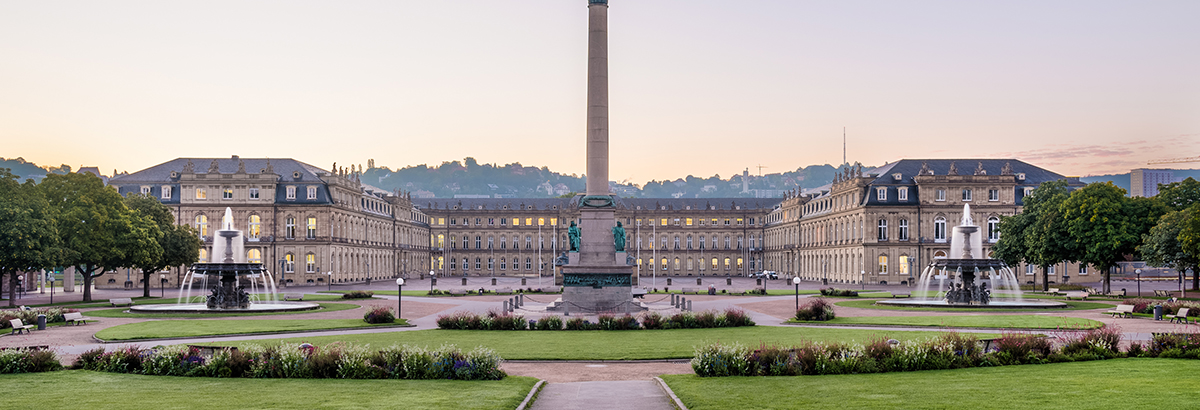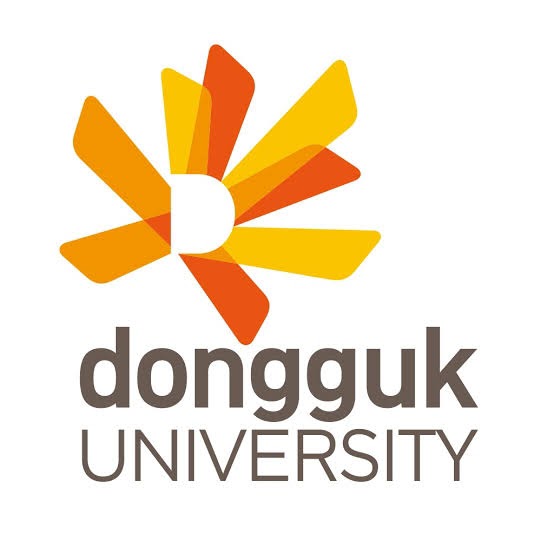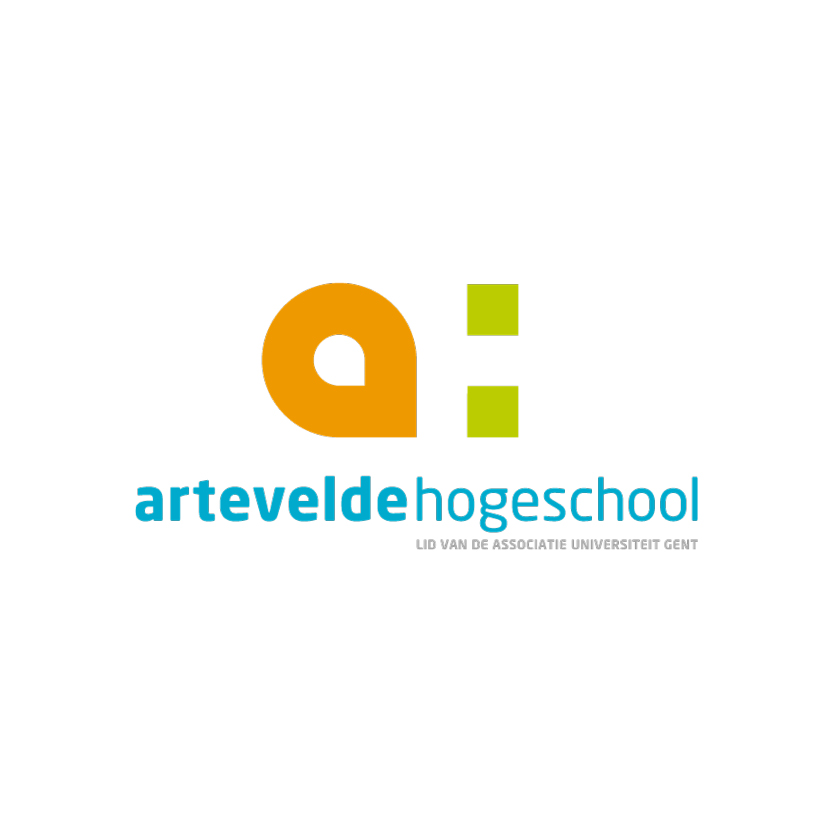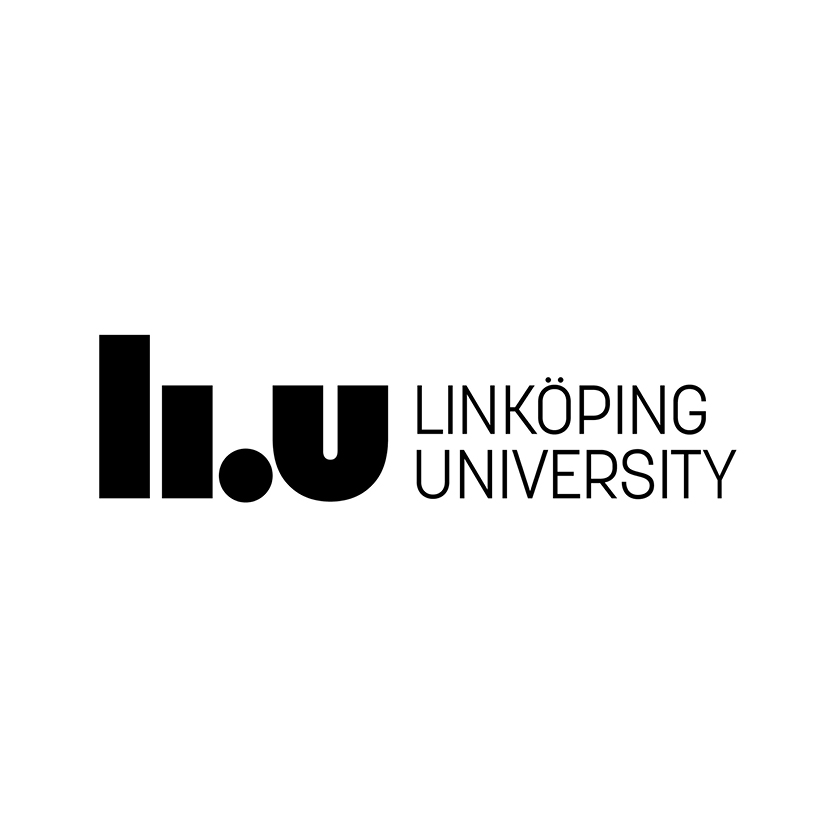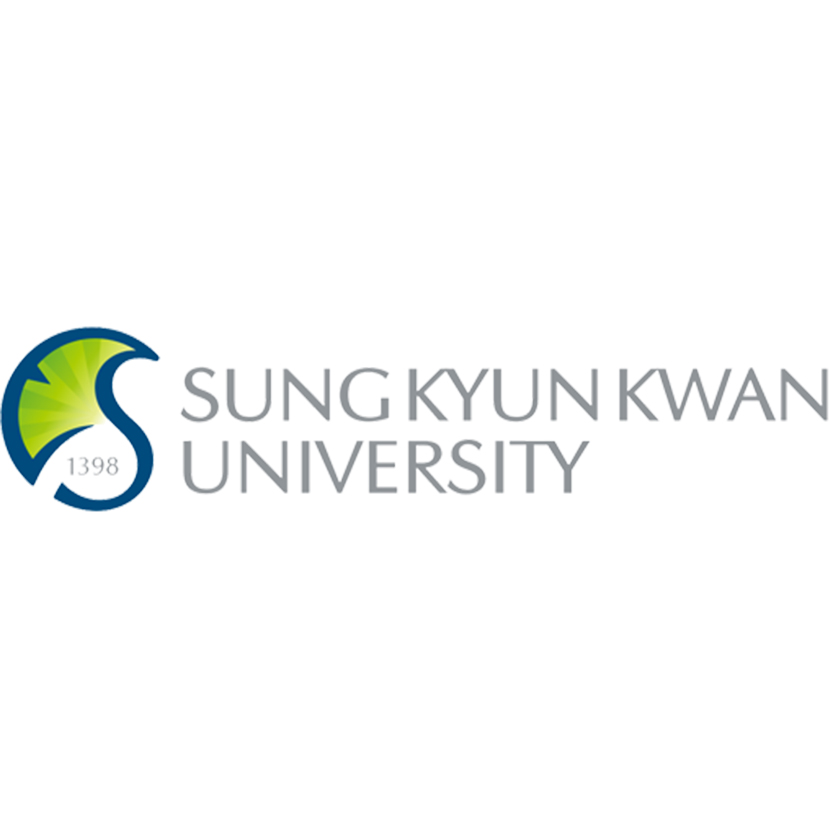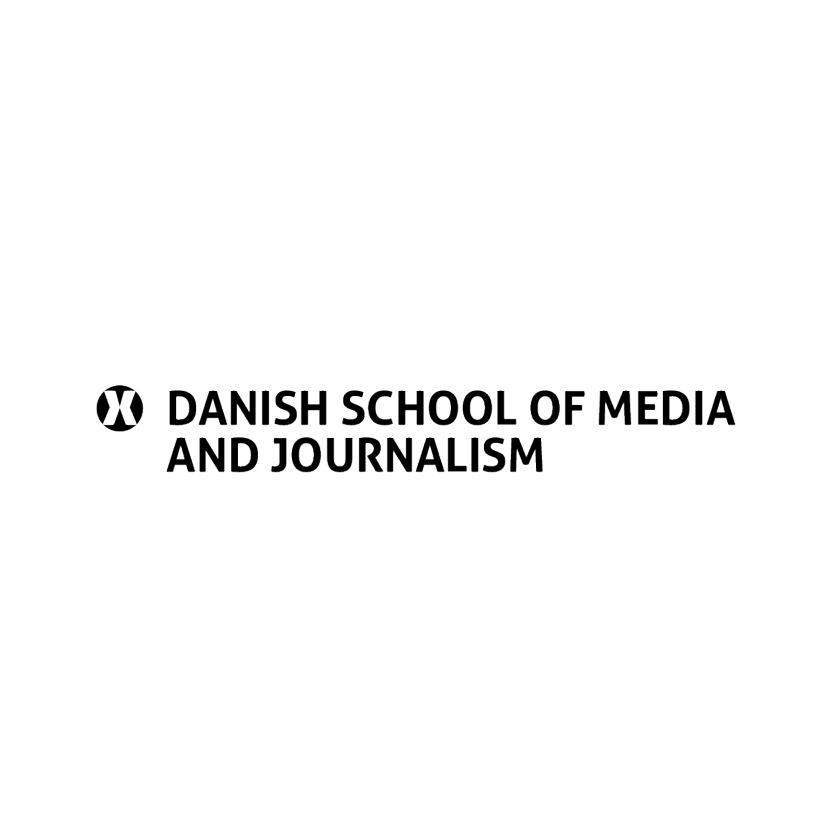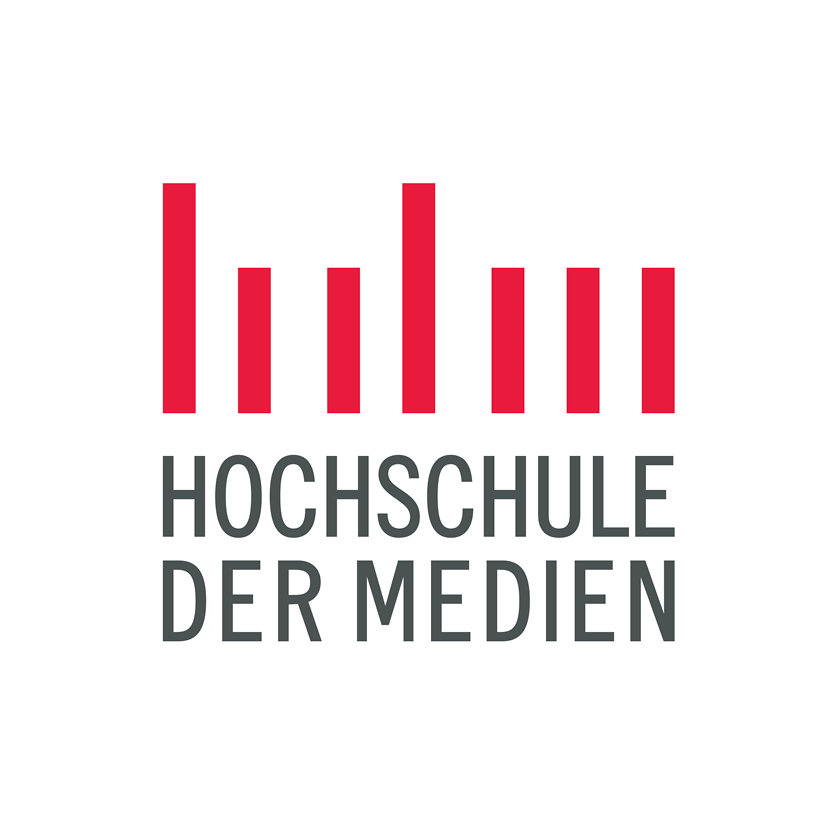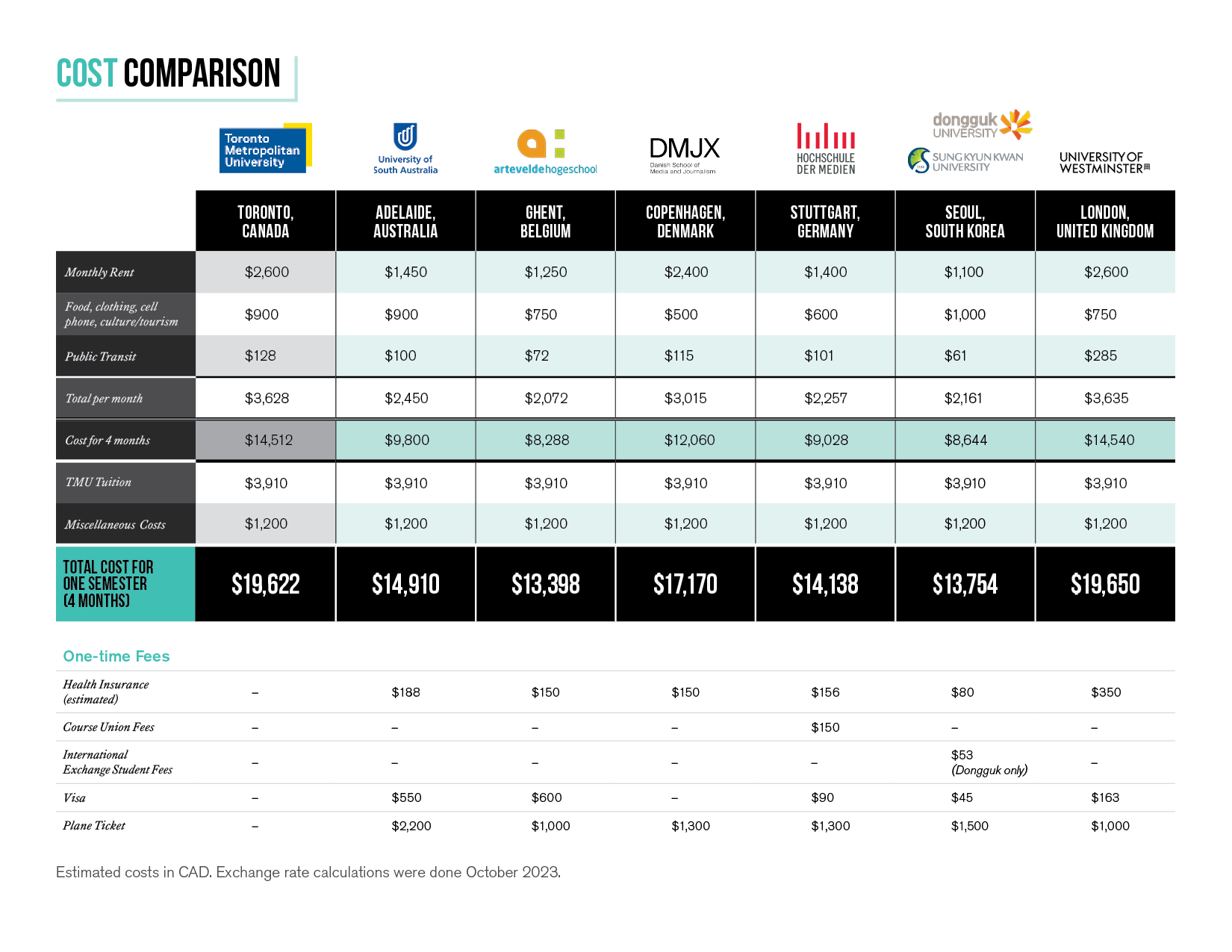Global Opportunities & International Exchange
Global learning is an excellent way for you to learn about other cultures, make new connections, and see what the graphic communications industry looks like on the other side of the world. To discover other global learning opportunities such as virtual and in-person intensives, Global Campus Studio, and the Global Buddy Program, please visit The Creative School’s International Opportunities.
GCM's International Exchange Program
The deadline to apply for exchange is January 31, 2024.
An international exchange is an unforgettable and enriching experience. Immerse yourself in a new culture and learn what your industry looks like on the other side of the world. Spending a semester abroad is a rare opportunity that will enhance your critical thinking, inspire you to create and help you figure out what you want from your career and life!
Most students who study abroad do so in the Winter semester of their third year. If you are interested in participating, look out for announcements from us or contact the GCM office early in your second year. Academic and non-academic criteria are considered in the selection process, and an interview with GCM Professor Dr. Martin Habekost is required.
GCM is proud to have partnerships with the following schools:
Asia
- Dongguk University (external link, opens in new window) in Seoul, South Korea
- Sungkyunkwan University (external link, opens in new window) in Seoul, South Korea
Australia/Oceania
- University of South Australia (external link) in Adelaide, Australia
Europe
- Artevelde University College Ghent (external link) in Ghent, Belgium
- Danish School of Media & Journalism (external link) in København, Denmark
- Hochschule der Medien (external link) in Stuttgart, Germany
- Linköping University (external link) in Linköping, Sweden
- University of Westminster (external link) in London, United Kingdom
But if you want to go somewhere else, we may be able to help! Talk to us if there’s another specific university you want to attend.
For more information on studying abroad, visit The Creative School (opens in new window) and TMU International (opens in new window) . You may also contact Swathi Chembathi, The Creative School's International Coordinator, at exchange@torontomu.ca.
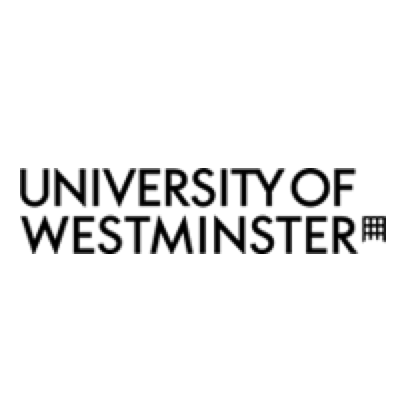 (external link, opens in new window)
(external link, opens in new window)
University of Westminster (external link) ,
London, United Kingdom
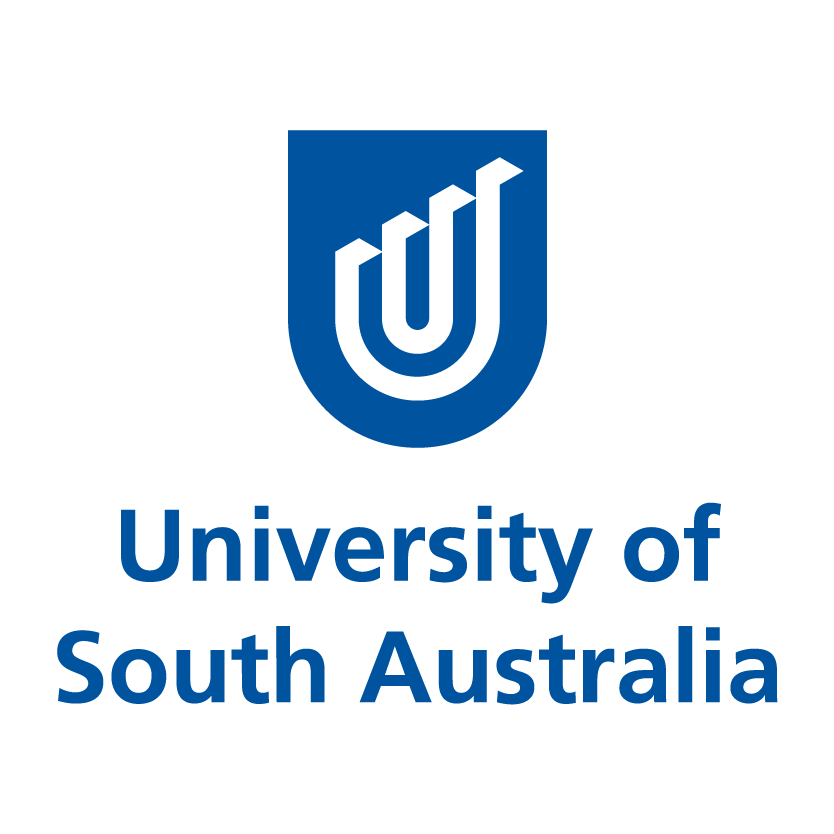 (external link, opens in new window)
(external link, opens in new window)
University of South Australia (external link) ,
Adelaide, Australia
Application Process
Research
- Attend GCM exchange info sessions
- Visit each exchange institution’s website
- Talk with your academic advisor
- Talk with members of your support system (i.e. family, friends, etc.)
- Utilize other online resources
Make Decisions
There are a number of decisions that a student must make before applying for exchange, including:
- Am I able to participate in the exchange program?
- Where do I want to go?
- How will I finance my semester abroad?
Apply
Exchange students need to apply through the The Creative School exchange process. Detailed information can be found on The Creative School exchange webpage. Generally, the online application includes:
- 1 page letter of interest
- Unofficial transcript
- Top three destination picks
Interview
Successful applications will be contacted for an interview with a program representative, during the second year winter semester.
Await Approval
Congratulations, you have completed the entire application process. Successful candidates will be contacted for approval by The Creative School, towards the end of second year winter term.
The deadline to apply for exchange is January 31, 2024.
Your application has to be filed with Dean's office of The Creative School.
Course Credits
After your exchange stay our partner university will send your transcript over to GCM.
Exchange with our European partner universities: You will be given 5 transfer credits if you have taken courses that add up to 30 ECTS (European transfer credit system) points.
Exchange with Sungkyunkwan University, Dongguk University, and University of South Australia: You will be given 5 transfer credits if you have taken courses that add up to 18 credits.
The credits for Winter term outbound exchange will be for the following courses:
Cost Comparison
Cost of living varies from location to location. It is important to educate yourself on the approximate cost of living in each city that you apply to for exchange. Before a student applies for the exchange semester, they should have a firm grasp of the costs involved in going abroad, as well as the approximate budget required for their time studying in their chosen country. This factor can play a part in where you decide to apply for your exchange semester. The cost comparison chart on this page acts as an excellent starting point for your research, but it is up to you to stay up to date with the fluctuation of costs.
Numbeo is an excellent online tool (external link) for cost comparison of different locations.
Financial Support
There are a couple of ways to minimize your financial costs through scholarships and awards.
- The Ontario-Baden-Württemberg student exchange program offers also financial support. This support is for students interested in going to our exchange partner in Germany.
About our Exchange Partners
Visit their website to learn more: https://www.dongguk.edu/eng/page/478 (external link)
Sungkyunkwan University was founded at the beginning of the Joseon Dynasty in 1398 as the highest national educational institute in the early years of the Joseon Dynasty in Korea. As the oldest university in East Asia, it has fostered leaders of our society for over 600 years.
You may select courses within the College of Art and the College of Social Sciences. The Course Catalogue can be found here (external link, opens in new window) . Any course listed as "Course in international language" is offered in English. Other courses listed as "General Course" are taught in Korean.
Accommodation
| Dormitory | Fee for four months (subject to change) | Type | Campus | Location |
|---|---|---|---|---|
| I/C/G-House | 1,700 USD (meal plan not available, subject to change) | Twin | Seoul Campus | Off-campus |
| M-House | 1,700 USD (meal plan not available, subject to change) |
Flat | Seoul Campus | Off-campus |
Cost of Living
It normally costs 500,000-600,000 KRW a month (~$560-675 CAD) a month to live in Korea including meals, transportation, etc.; not including accommodation fees.
| Item | Price |
|---|---|
| Basic fare for subway & bus | 1,250 KRW |
| Big Mac combo | 5,500 KRW |
| Movie Ticket | 12,000 KRW |
| Caffe Latte at Starbucks | 4,100 KRW |
Buddy Program
The SKKU OIR and the GSN HI-Club, a student group that supports the OIR, manages a buddy program called SG MAPLE, or SKKU Global Mentoring and Assisting PeoPLE. Every semester, we bring in a group of SKKU students who want to make international friends and support them. The GSN HI-Club is responsible for carrying out and monitoring this buddy program where international exchange and visiting students are able to experience Korean language, culture and living as well as have the opportunity to make Korean friends.
Visit their website to learn more: https://international.unisa.edu.au/ (external link)
Artevelde University College is a GCM exchange partner in Ghent, Belgium. Ghent is located in the northwest of Belgium, and is a city with roughly 260,000 inhabitants. Ghent is famous for its medieval architecture. Its centre is the largest car-free area in Belgium. Ghent is located in the Flanders region of Belgium. During your stay in Ghent, you could visit Flanders Fields, taste the delicious Belgian beer and chocolate. A famous painter from Flanders is Rubens. You might have heard about him…
More info about the Flanders region (external link, opens in new window) .
Artevelde University College offers many programs to exchange students. The closest to the GCM program is the Graphical and Digital Media (GDM) program. It is taught in Dutch, but this should not stop you from going to Ghent. More info about the GDM program (external link, opens in new window) .
It might be possible to take courses in the MOCOMA – Module in Communication Management (external link) . The program is taught in English!
Welcome to Belgium
There’s something about Belgium! Maybe it are the modest and welcoming people who, with three official languages, find it easy to converse in English. Maybe it’s the stunning architecture of the medieval cobblestone squares or the modern public buildings. Or perhaps it’s the incredible cuisine found in the vast array of restaurants where each meal seems better than the last.
Well situated between France, Germany and the Netherlands, Belgium encompasses all the best that Europe has to offer in an area no bigger than 32,000 km². Romantic sceneries, waffles and chocolate, music festivals, castles, churches, museums … all waiting to be discovered.
Often called the ‘Essence of Europe’, Belgium is both multicultural and multilingual. Flanders in the north, proud of its medieval art cities Antwerp, Bruges and Ghent. Wallonia in the south, with its rolling hills of the Ardennes, countless castles, and the cities of Liege, Namur and Tournai. The capital Brussels is one of the world’s great cosmopolitan cities, home to both the European Union and NATO, as well as multiple international trade and finance companies. Two out of three citizens of the European Union live within a radius of 350 km around Brussels.
Belgium’s history has always been linked to both commercial and cultural exchange, and much of its character is due to its role as the great meeting place of Western Europe. Traces of the Austrians, Spanish, French and Dutch can still be seen in its architecture and in the lifestyle of its people.
Information About Ghent
The university and university colleges’ campuses are spread across the city, which enlivens the atmosphere. It is impossible to imagine Ghent without its students cycling. With its university and four university colleges, Ghent is able to offer a wide range of study opportunities. Ghent has it all: living, nightlife, first-class education and many leisure activities. The language spoken in Ghent is Dutch, the language of twenty million Dutch and Flemish people.
Ghent boasts a unique mixture of architecture and contemporary events, museums of international repute, impressive gastronomic choice, and spectacular good nightlife. It has an agreeable charming inner city where cozy corners alternate with pleasant and busy shopping streets. Ghent combines medieval grandeur and modern consciousness in a natural and above all, modest way.
Moreover, the city is a cultural attraction with its important music and film festivals, as well as its varied theatre and performance scene. For every traditional theatre, there are five small, independent venues and for each commercial cinema complex, there are two art-house cinemas. The music scene is alive and original, with many international bands playing in Ghent and at the Belgian festivals, all year round.
Ghent has some exciting plans for the future: it wants to be climate neutral by 2050 and it is one of the SDG voices to promote the 17 sustainable development goals (SDGs) of the United Nations. However, Ghent knows this cannot be realized without YOU! Everyone should be involved: you, me, every institution and company … Ghent aims to become the commons city of the future! Read the brochure about sustainability here.
The Visit Ghent page (external link) has more info.
Artevelde Student Facilities
Student Facilities offers a wide range of student services enabling every student to study and develop himself or herself ‘carefree’ and in the best circumstances.
Living in Ghent
The Artevelde accommodations (external link) page has all the information you need to know about renting a room. Please be aware that the minimum rental duration for a room via our service is 4-5 months.
Hungry or thirsty?
Indulge in our cafeteria and be amazed by the good quality and prices in De Kantiene, campus Kantienberg. For less than 5 euro you can enjoy the daily dish and soup. Sandwiches and salads are also available. We think ecologically and from a fair-trade point of view.
Sports
Plenty to choose from! Just make a choice: badminton, dance, volleyball, basketball, swimming, indoor football, condition training… Every day of the week you can go somewhere for some exercise or competition!
Transportation
Going around Ghent by bike, it’s possible! Contact De Fietsambassade (external link, opens in new window) to find out more about the possibilities for bike rental. With a Buzzy pass (till the age of 24), you can hop-on and hop-off trams and busses in Flanders.
A doctor, please!
There is a university medical service for students, which is located at Sint-Pietersnieuwstraat 25, Ghent. Consultations are daily from 9 am to 7 pm on working days (9 am – 5 pm by appointment, 5 pm – 7 pm without an appointment).
There are no evening consultations during the Christmas/Easter holidays, July and August. You can make an appointment during office hours at the reception of the Advisory Centre for Students: call +32 9 264 70 20.
Please inform the doctor if you can’t make it to the appointment. If you need urgent medical help at night, on weekends or on holidays, you can call the central number +32 9 236 50 00.
Library services
There is a library (external link, opens in new window) on the different campuses (external link, opens in new window) with information about the content of the departments on that campus. The student card gives you access to all of Artevelde University College’s media libraries and digital sources. The city of Ghent (external link, opens in new window) website offers more information to organize your stay in Ghent.
How to Request a Dorm Room
Artevelde offers rooms for exchange students. Click here for information on how to register for a room (external link) .
Our next exchange partner is located in Copenhagen, Denmark. Copenhagen is the capital city of Denmark. Copenhagen is located in the east of Denmark and has roughly 700,000 inhabitants. There are many things to do and see in Copenhagen. Nyhaven (the new port) and the Tivoli amusement park are just two of the main tourist attractions there. Of course, everyone is familiar with the statue of the little mermaid. Copenhagen is linked with Malmö, Sweden through a bridge. More information about Copenhagen (external link, opens in new window) .
The Danish School of Journalism and Media or DMJX has two campuses. One in Copenhagen and one in Aarhus. Most likely you will attend courses on the Copenhagen campus. Learn more about DMJX and international exchange (external link, opens in new window) .
I have been to Copenhagen, so if would like to know more about this beautiful city don’t hesitate to ask me at mhabekos@torontomu.ca (opens in new window) .
Accommodation
Halls of Residence
The Danish School of Media and Journalism can provide a room for you in Aarhus and Copenhagen (just specify it in the application form).
Living with Danish students is a good way to learn something about the local culture and perhaps even a little Danish.
Private Rooms
Private rooms can be found on your own in Aarhus or Copenhagen. Please see the Student Handbook for addresses, and be aware that it is difficult to find accommodation in both Aarhus and Copenhagen.
Depending on which city you live in, the monthly rent will range from:
- Aarhus: DKK 2,500-2,800.
- Copenhagen: DKK 2,700-5,000.
Residence Permit
Most students residing in Denmark for more than 3 months need a residence permit. There are different procedures for EU, non-EU and Scandinavian students.
EU students
If you are a citizen of the EU, you must apply for a residence permit within 5 days of your arrival. Bring the following for the residence permit application:
- Passport
- Letter of admission from the Danish School of Media and Journalism
- 2 passport-sized photographs
Depending on which campus you are going to study at, the permit may be obtained at.
Students at Campus Copenhagen:
Statsforvaltningen Hovedstaden
Borups Allé 177
2400 Copenhagen NV
Students at Campus Aarhus:
Statsforvaltningen Midtjylland,
Lyseng Allé 1
8270 Højbjerg
Non-EU students
If you are a non-EU citizen, you must apply for a residence permit before arriving in Denmark.
Along with your official letter of admission (sent to you by normal mail), you will receive an application form for residence permit as well as instruction on how to apply.
Please apply for your permit at the nearest Danish embassy or consulate immediately after you receive your letter of admission, as the application process usually takes a considerable length of time (2-3 months).
Note that the Danish Immigration Service charges an application fee for processing your application. And they do not begin processing your application until payment is received.
Health Insurance
A personal health insurance card gives you the right to free medical treatment in Denmark. You must arrange insurance for the first 7 weeks. Because it takes 6 weeks for you to get your personal health insurance card with your CPR number, you will need health insurance coverage for the first 7 weeks after your arrival.
When you receive your personal health insurance card with a CPR number, you are automatically included in the Danish Health Insurance Scheme, which gives you the right to free medical treatment by general practitioners, and in hospitals.
Remember to always bring the card along when you see your doctor or your dentist. The name, address and phone number of your doctor will be printed on the card.
Civil Personal Registration (CPR) Number
The CPR number is used in all aspects of life in Denmark, such as when you are in contact with health authorities, libraries, banks, etc.
How to Apply for a CPR Number
You must apply for a CPR number (Civil Personal Registration Number) at a Municipal Citizen Service Centre, called Borgerservice. The municipality you live in determines what Borgerservice Centre you belong to.
As soon as you have received your residence permit, go to the local Borgerservice Centre to apply for a CPR number.
Bring your:
- passport
- residence permit
- rental agreement
After 6-7 weeks you will receive a card with your personal CPR number, which also serves as your health insurance card.
Costs
How much money will I need? What is the average cost for studying one semester at the Danish SChool of Media and Journalism?
Housing via the international office
- Rent for a semester (6 months): approx. 15000 DKK (2030 Euro).
- Aarhus: 3 months deposit (refundable according to the state of your room after you leave Aarhus): 7000-8000 DKK= (1000-1100 Euro)
Living costs in Denmark
- 24000 DKK (3200 Euro), 4000 DKK per month.
Study Trips
- Approx. 3000 DKK (400 Euro).
Books and teaching materials
- Approx. 500 DKK (70 Euro).
Please see the course description for teaching material and research trips. You are supposed to bring your own smartphone and computer.
Student Handbooks
The student handbook provides all the information you need when studying at the Danish School of Media and Journalism.
The student handbooks contain information about:
- Housing
- Residence Permit
- Insurance
- School facilities
- Grading and attendance
- Transportation
- The Danish language
…and much more
Our partner is called “Hochschule der Medien” or Stuttgart Media University. Stuttgart is located in the southwest of Germany and is a city with roughly 600,000 inhabitants. Stuttgart is known for companies like Mercedes-Benz, Porsche, and Bosch. The local cuisine features specialties like Spätzle (a type of pasta) and Maultaschen (more or less a giant ravioli filled with meat and herbs). Look these specialties up. Believe me, they are very delicious.
Learn more about Stuttgart through the Tourist info center (external link, opens in new window) .
This page contains information about HdM and exchange (external link) . This link informs you also about the English taught Minors they offer. Altogether they offer 8 Minors in English! I am sure one of them interests you.
Accommodations
Since finding accommodation in Stuttgart can prove quite difficult, we strongly advise to apply for student housing. The Studierendenwerk Stuttgart owns and maintains several student dorms in Stuttgart, and our exchange students will usually be located at the Filderbahnplatz (external link, opens in new window) in Stuttgart Moehringen. Please place your application as soon as possible (external link, opens in new window) .
Living in a Student Dorm – An Illustrated Dictionary
If you would like to prepare for your stay in a student dorm in Stuttgart or need to look up a word to communicate with your roommates, these illustrated dictionaries might be helpful.
Cost
Being an exchange student at HdM, you won’t have to pay any course fees to the Hochschule, though you will be required to pay a contribution to the Studierendenwerk (Student Union) of about 90 EUR per semester.
In our experience, living the life of a student in Stuttgart will probably end up costing you 800 EUR a month. This is the collective cost including accommodation (ca. 290/310 EUR), health insurance ( Non-EU students ca. 90 EUR), food, clothing, mobile phone, culture/tourism, hobbies (ca. 310 EUR) and the costs for public transport (student ticket for the whole semester: 200 EUR).
Add to that the cost of joining some excursions, as you’ll surely want to see the sights of the nearby cities!
Get Financial Support
The German Academic Exchange Service (DAAD) is the German national agency for the support of international academic cooperation. They offer programs and funding for students, faculty, researchers and others in higher education, providing financial support to over 67,000 individuals per year to go to and from Germany. You can learn more about the German Studies Research Grant (external link) .
Source (external link)
Health Insurance
To authorize residence permit, German Immigration Law requires that you provide proof of sufficient health insurance for the length of your stay in Germany. Normally this is fulfilled if you take out German compulsory health insurance.
Students from countries with which the Federal Republic of Germany has social security agreements, and who possess the European Health Insurance Card (EHIC) are exempted.
Germany has social security agreements with the following countries: all EU-members, Norway, Switzerland, Liechtenstein, Tunisia, Turkey, Bosnia-Herzegovina, Croatia, Macedonia, Serbia and Montenegro.
Students from EU countries must bring a European health insurance card, obtainable in their home country, which entitles them to medical treatment under the German national health scheme. Non-EU students with whose country Germany has a social security agreement must bring a copy of the corresponding certificate.
All other Non-EU students need to have German health insurance in order to obtain their student visa and to get enrolled at Hochschule der Medien. The statutory health insurance has an inexpensive monthly rate of approx. 78 Euros. If you are a Non-EU student, you will find a confirmation of membership, which you will need for your visa application, enclosed in your Letter of Admission. Please note that you must not take out travel insurance, it usually does not cover the statutory requirements! Travel insurance therefore is not valid and will disable you in effecting an additional statutory health insurance!
To be sure that you get along in everyday student’s life, the German Student Services offers an (PDF file) illustrated health dictionary (external link) .
Our next exchange partner is located in Linköping, Sweden. Linköping is located near the east coast in the south of Sweden. Linköping has roughly 150,000 inhabitants. Linköping is known for its university and high-tech industry. Visit the link for tourism information about Linköping (external link, opens in new window) .
The University of Linköping has put together an informative website for exchange students (external link, opens in new window) . Here is another informative website about studying in Sweden (external link, opens in new window) . Linköping University has a nice YouTube channel. Check it out.
Selecting Courses
Info about selecting your courses (external link, opens in new window) while staying at Linköping University.
Accommodations
The international office, offered accommodation to most students, either in Linköping or Norrköping (as requested by the student). They recommend to sign up via the different housing portals just in case they were unable to offer accommodation. These worked on a point system, where the more points you had the greater the chances of you getting the accommodation you wanted. You earn points for every day that you have signed up for the portal. You also book laundry through these. The Internet is included in the rent. You have to buy your own router though, which can be a bit challenging to get set up. There is a Facebook page (external link, opens in new window) where international students sell and buy things like routers, bikes, housewares, etc.
Rent is around 3,500kr a month, June was free but you need to move out by June 20th.
Residence Permit
You need to apply and be accepted for this before you go to Sweden for the exchange. You can get your card at the Swedish Consulate in Toronto or the embassy in Ottawa if you go early enough before you leave.
You have to provide proof of funds (when I applied it was a min. of $10,000 CAD), letter of acceptance from the University and insurance. The costs for the residence permit are around $150 CAD.
You will get the physical card in Norrköping after you have arrived in Sweden. It was really simple and the card was mailed out really quickly.
Money
You can use your credit card while staying in Sweden. It is advisable to have an emergency credit card, in case your first card gets compromised or gets stolen or you lose it. Cash is not used very much, so don’t take a lot of Swedish Krona in cash with you.
Insurance
There was some insurance covered by OHIP, you have to advise them of being out the country. You still needed emergency medical and dental insurance as well as travel insurance through private insurers.
Public Transit
Campus Bus
Info on the campus bus (external link) , which travels from Linköping Campus to Norrköping Campus. The bus took 45 minutes to get to Norrköping from Linköping.
For the commuter trains and buses, a card system like Presto (external link) is being used.
For longer distances the equivalent to VIA Rail is SJ (external link) .
From the Airports
Stockholm Arlanda
Arlanda express to Stockholm central then you get on an SJ train to Norrköping/ Linköping.
Stockholm Skavsta (external link)
There was a bus that went straight to Norrköping/Linköping (super easy).
Linköping City Airport (expensive) (external link)
Student Groups
Here are links to student groups in Linköping:
Visit their website to learn more: www.westminster.ac.uk/ (external link)
